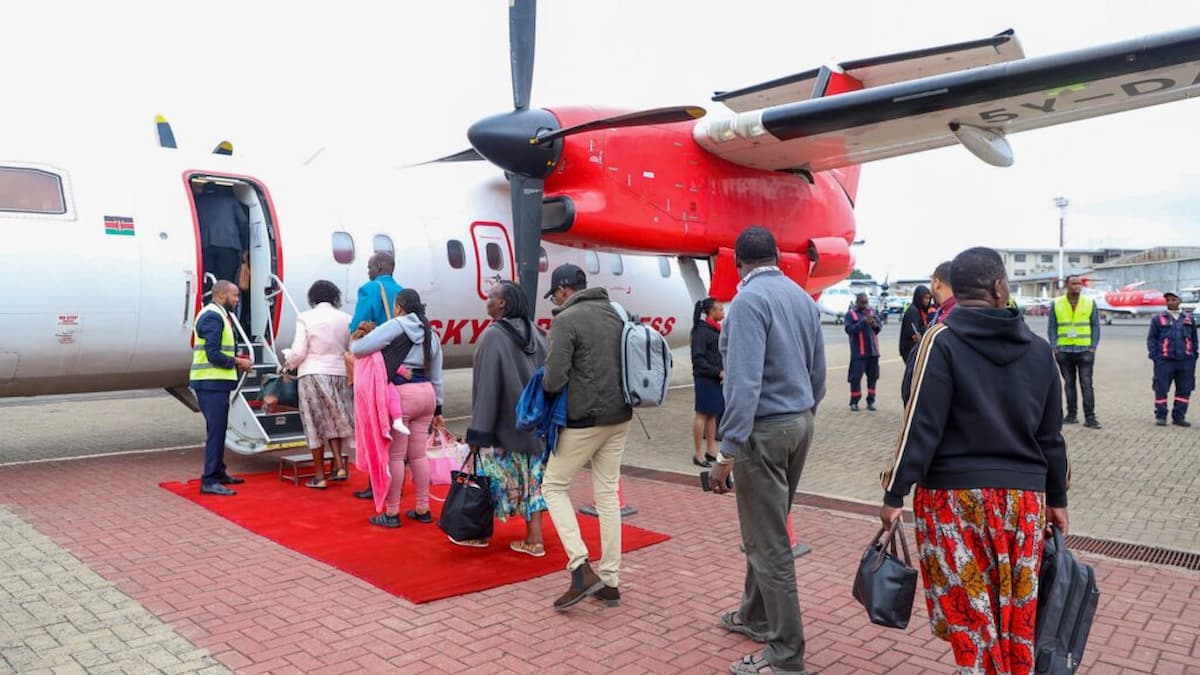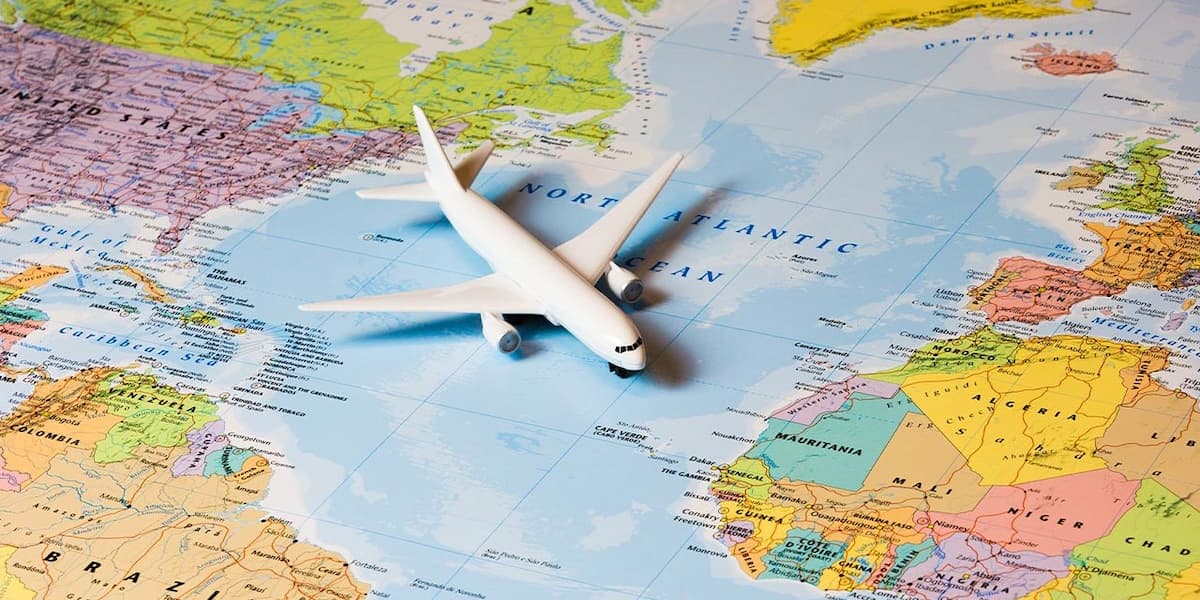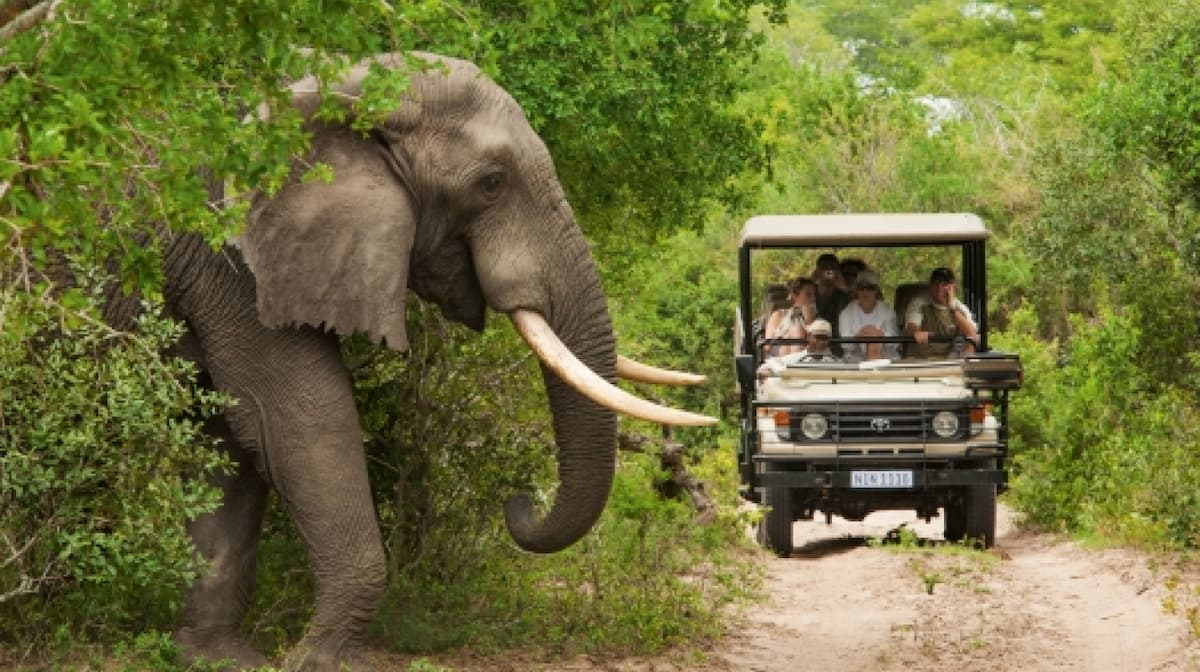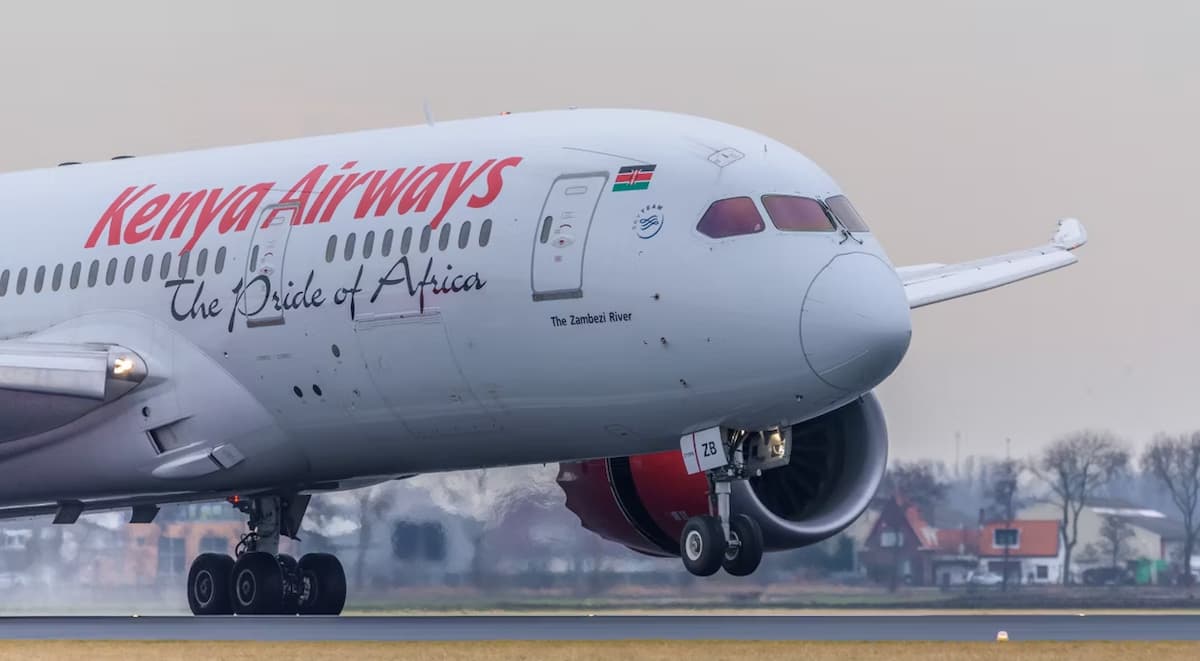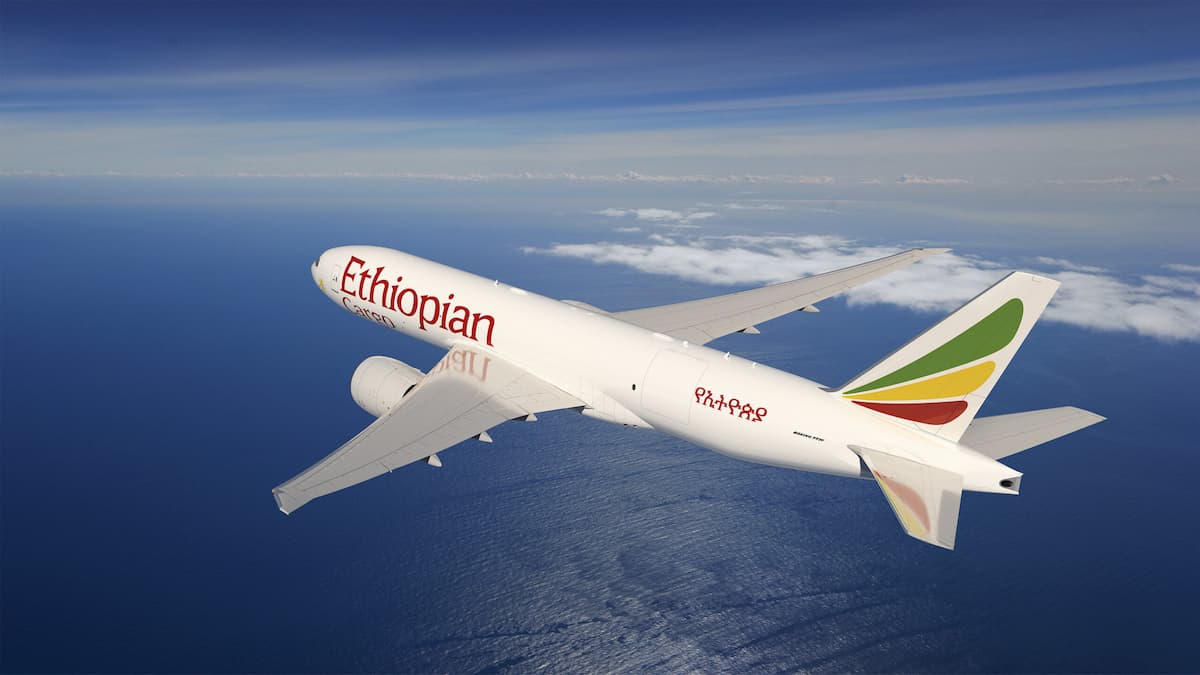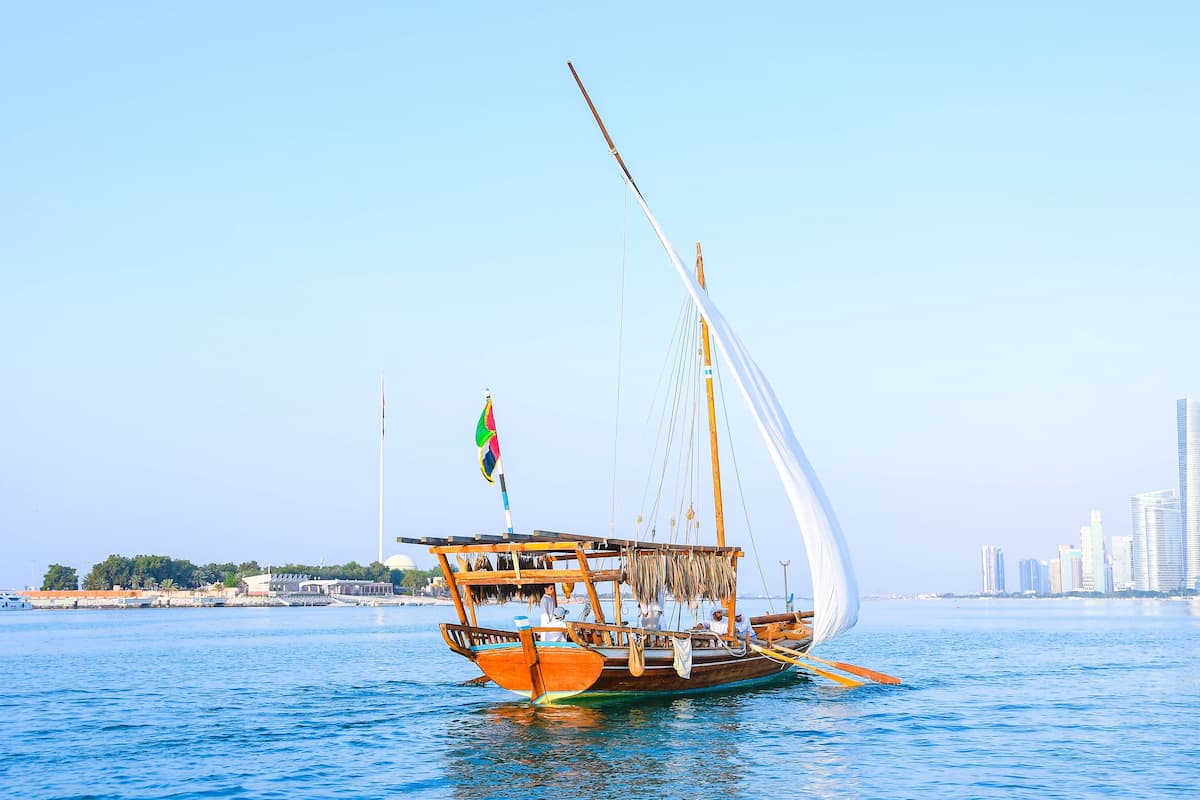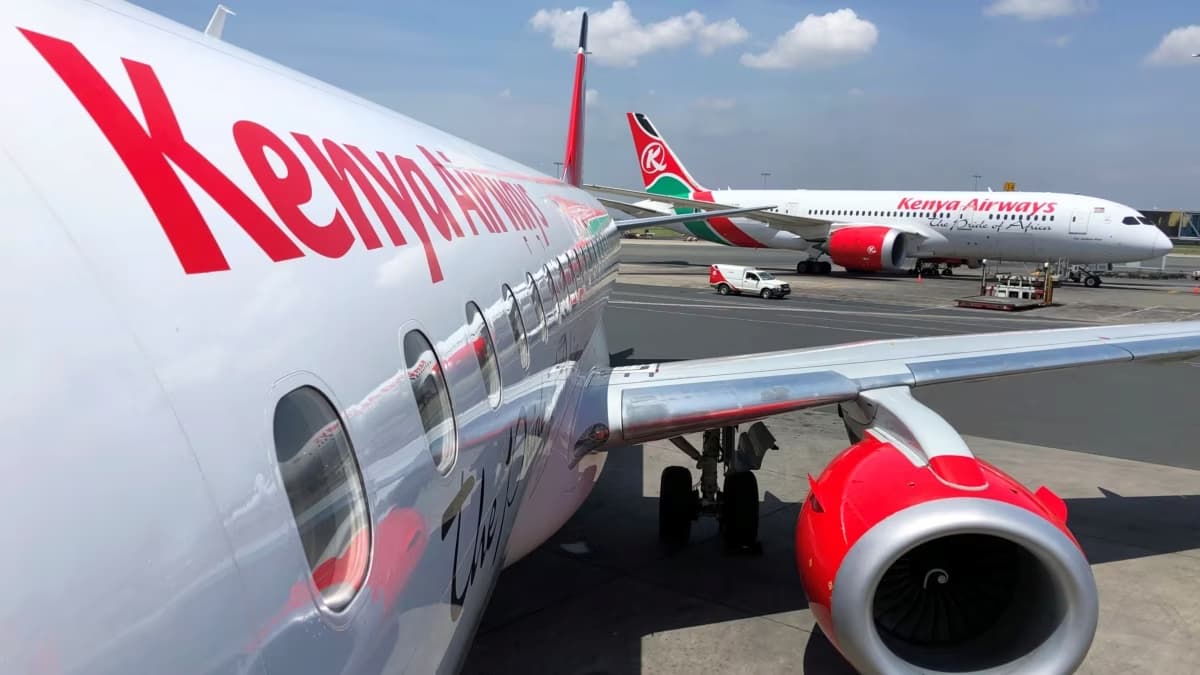By Bryan Obala
Kenya Association of Travel Agents (KATA)- Media and Communications
The skies over Kenya are witnessing a surge in airfares, prompting concerns among travelers about the escalating costs of flights. As the world grapples with the aftermath of the COVID-19 pandemic, Kenya, like other nations, finds itself in the midst of a travel boom, reflecting the global trend that has seen airlines posting record profits.
Kenyan carrier Kenya Airways (KQ) reported substantial financial gains, attributing them to the renewed interest in travel. However, the enthusiasm is met with a harsh reality for passengers facing airfares between 20% and 30% higher than those in 2019, mirroring the European experience. This increase has also affected passengers flying on local airlines – the cost of flying within the country has risen significantly, impacting travelers financially.
The primary culprit behind this surge is the soaring cost of jet fuel, experiencing a staggering 50% increase, reaching a high of Sh309 per liter. This upward trajectory can be attributed to the doubling of Value Added Tax (VAT) on petroleum products to 16%, dealing a significant blow to the middle class, who often prefer air travel over road alternatives.
Amid disrupted supply chains and increased demand, the aviation industry in Kenya struggles to keep pace. Supply chain snarls have led to delays in aircraft deliveries and maintenance, forcing airlines to cut capacity. Like Europe, airlines in Kenya attribute these supply issues as a significant driver of the escalating prices.
Renegade Air, a prominent domestic airline in Kenya serving routes such as Kisumu, Wajir, and Homabay, anticipates a substantial impact on its ticket prices. The airline predicts an approximate increase of Sh500 for a one-way flight, underscoring the harsh reality faced by both airlines and passengers alike.
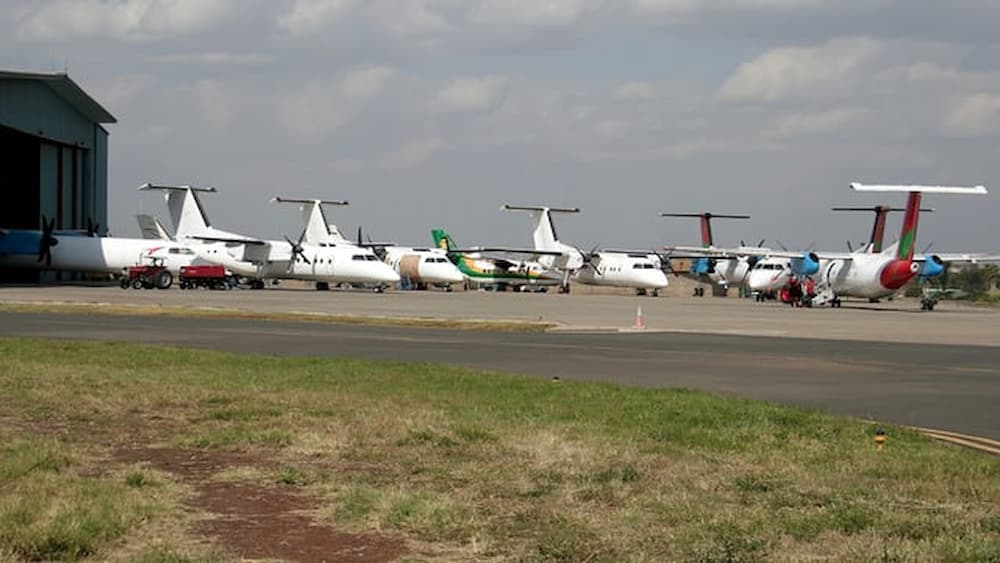
Traditionally, airlines meticulously consider various factors in determining ticket prices, including the dollar exchange rate, landing fees, navigation charges, and notably, the price of fuel—arguably the primary component shaping ticket costs. The recent surge in fuel tax, triggered by the increase in VAT, prompts an inevitable adjustment in domestic fares, amplifying the economic burden on travelers.
This surge in airfare costs unfolds against the backdrop of a resurging demand for air travel in Kenya. After the aviation industry nearly evaporated in 2020, the pendulum has swung, with demand reaching unprecedented levels in 2023. Airlines, struggling to keep pace with this newfound enthusiasm for travel, find themselves compelled to adjust prices to match the renewed demand. The industry’s drastic downsizing during the pandemic, running at 20% or less of normal operations, has left it ill-prepared for the current surge.
As the festive season approaches, the confluence of factors adds fuel to the fire of rising airfares. In response to this trend, the government’s intervention becomes pivotal. Building capacity by allowing more airline landing rights and facilitating direct flights to destinations like Mombasa could alleviate congestion at major airports, offering a potential reprieve for travelers. Increasing the frequencies for domestic carriers is another strategic move that could contribute to a slight reduction in airfares.
info@katakenya.org

